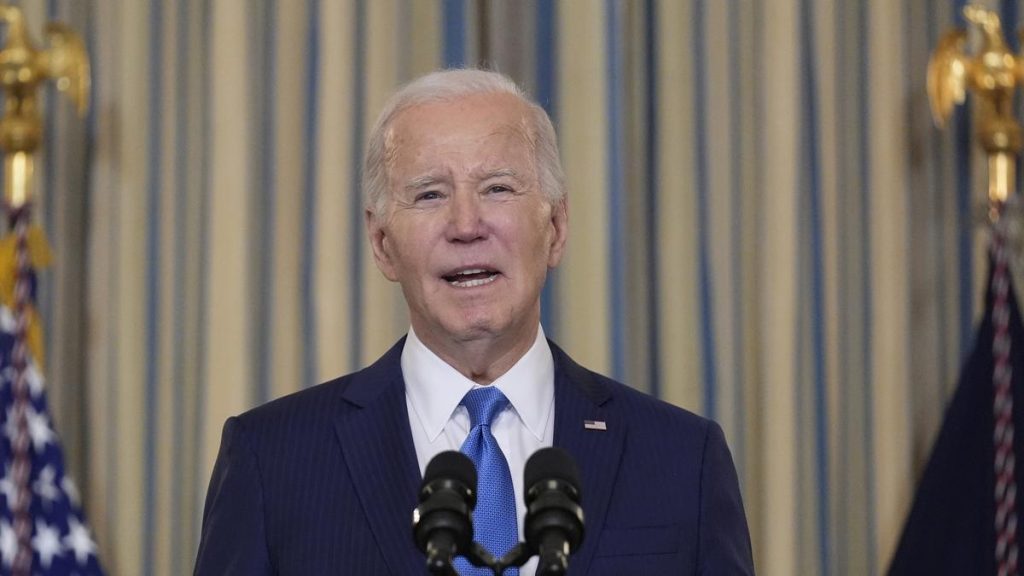The Israeli-Palestinian conflict, a complex and enduring struggle, has once again captured international attention as efforts to broker a ceasefire and secure the release of hostages held by Hamas militants intensify. Amidst escalating violence and humanitarian concerns, U.S. President Joe Biden has called upon regional allies, particularly Egypt and Qatar, to leverage their diplomatic influence in persuading Hamas to agree to a ceasefire and hostage deal. This article delves into the intricacies of the conflict, explores recent diplomatic initiatives, and evaluates prospects for peace in the region.
Historical Context: The Israeli-Palestinian conflict is rooted in decades of territorial disputes, historical grievances, and competing nationalist aspirations. Since the establishment of the State of Israel in 1948, tensions between Israelis and Palestinians have manifested in recurrent cycles of violence, diplomatic stalemates, and failed peace negotiations. The contested status of Jerusalem, the plight of Palestinian refugees, and the expansion of Israeli settlements in the occupied territories remain contentious issues at the heart of the conflict.
Current Dynamics: The latest escalation in violence erupted in May 2024, following clashes between Israeli security forces and Palestinian demonstrators in Jerusalem, fueled by disputes over land ownership and access to religious sites. Hamas, the Islamist militant group controlling the Gaza Strip, launched rocket attacks into Israeli territory, prompting Israeli airstrikes and ground incursions in response. The resulting casualties, destruction, and humanitarian crisis have elicited international condemnation and calls for de-escalation.
Diplomatic Efforts: In the midst of the conflict, diplomatic efforts to broker a ceasefire and negotiate the release of hostages held by Hamas have gained momentum. President Biden’s engagement with regional leaders, including Egyptian President Abdel Fattah El-Sisi and Qatari Emir Sheikh Tamim bin Hamad al-Thani, underscores the importance of multilateral diplomacy in addressing the root causes of the conflict and advancing peace initiatives. The U.S. delegation led by CIA Director Bill Burns to the Cairo talks symbolizes Washington’s commitment to facilitating dialogue and promoting stability in the region.
Challenges and Obstacles: Despite diplomatic overtures and international pressure, achieving a durable ceasefire and resolving the underlying grievances fueling the conflict remains a formidable challenge. Hamas, designated as a terrorist organization by several countries, has historically rejected calls for disarmament and recognition of Israel’s right to exist, citing resistance to occupation and the defense of Palestinian rights. Israeli security concerns, including the threat of rocket attacks and infiltration tunnels from Gaza, further complicate efforts to achieve a lasting peace.
Humanitarian Imperatives: Amidst the geopolitical maneuvering and security considerations, the urgent humanitarian needs of civilians caught in the crossfire cannot be overlooked. The blockade of Gaza, imposed by Israel and Egypt since 2007, has severely constrained access to essential goods, medical supplies, and humanitarian aid, exacerbating poverty and suffering among the Palestinian population. The indiscriminate targeting of civilian infrastructure and the loss of innocent lives underscore the urgent imperative of safeguarding human rights and protecting civilian populations from harm.
Prospects for Peace: Despite the daunting challenges and entrenched interests at play, there are glimmers of hope for a peaceful resolution to the Israeli-Palestinian conflict. The recent engagement of regional actors, renewed diplomatic initiatives, and grassroots efforts to build trust and dialogue offer potential pathways towards reconciliation and coexistence. Building upon past peace frameworks, including the Oslo Accords and the Arab Peace Initiative, may provide a foundation for future negotiations and confidence-building measures aimed at addressing core grievances and achieving a two-state solution.
As diplomatic efforts to broker a ceasefire and advance peace negotiations continue, the urgency of finding a just and sustainable resolution to the Israeli-Palestinian conflict cannot be overstated. President Biden’s call for diplomatic pressure on Hamas reflects a recognition of the interconnectedness of regional stability, security, and human dignity. By fostering dialogue, promoting confidence-building measures, and addressing the underlying grievances fueling the conflict, the international community can contribute to building a future of peace, prosperity, and mutual respect for all peoples in the Middle East.
